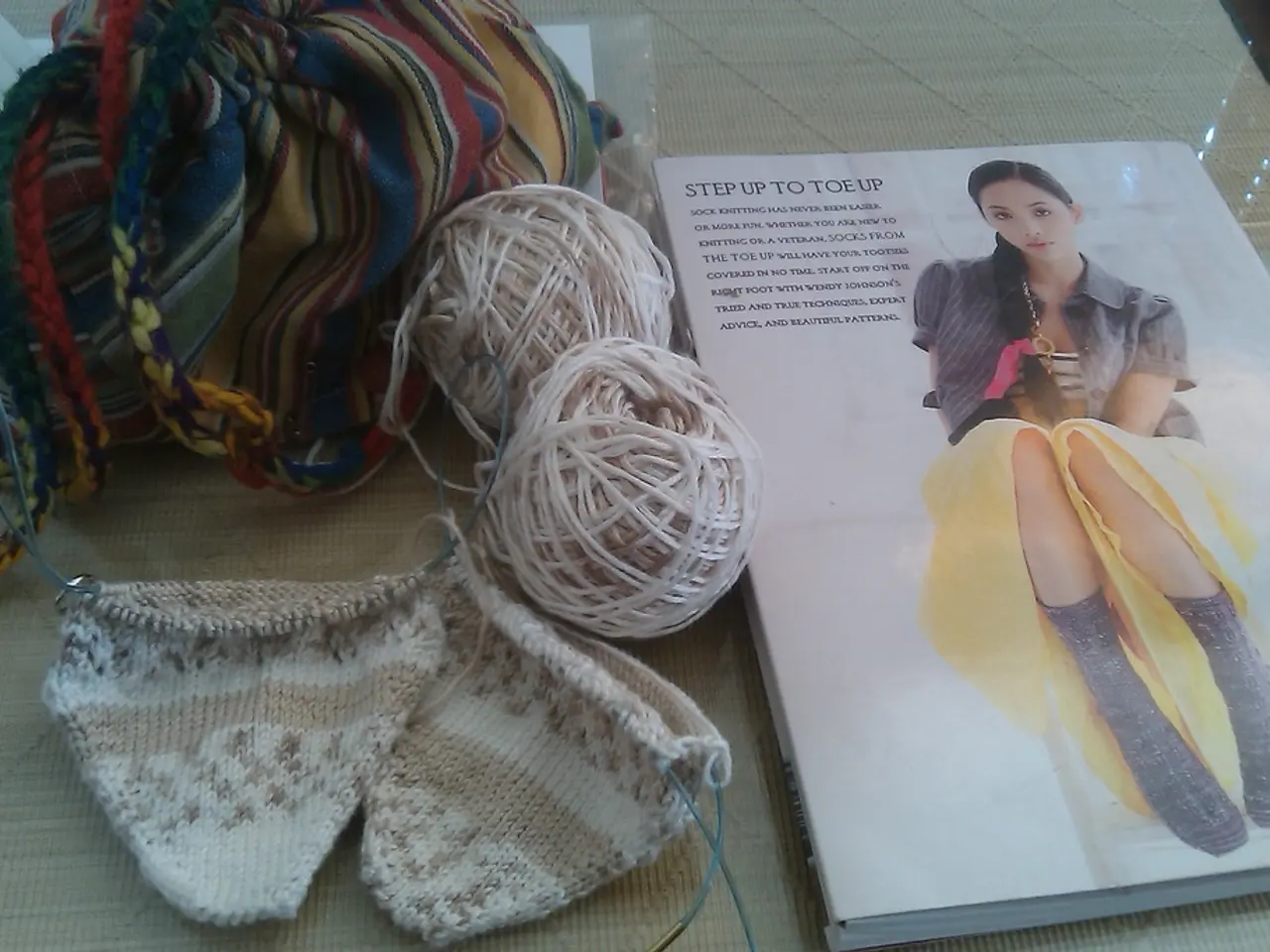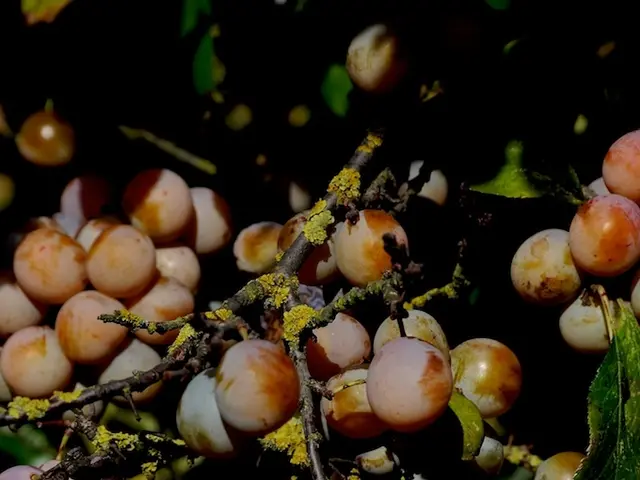Uncovering the Truth About Eco-Friendly Towels: The Real Story Behind Organic Cotton and More
In the realm of sustainable living, the humble towel has taken a significant step forward. Sustainable towel goals, made from eco-friendly materials and produced under fair conditions, are becoming a popular choice for those who value the environment, health, and quality equally.
The Global Organic Textile Standard (GOTS) and the OEKO-TEX Standard 100 are two certifications that guarantee the quality and sustainability of these towels. GOTS ensures high ecological and social standards throughout the production chain, while OEKO-TEX 100 guarantees that the end product is free from harmful chemicals.
Organic cotton, certified by both GOTS and OEKO-TEX 100, is a central term in sustainable towels. Grown without chemical fertilizers and pesticides, organic cotton is known for its softness, high absorbency, and long durability. Bamboo fibers, another material suitable for sustainable towels, grow quickly, require little water, and are naturally antibacterial.
Egyptian GIZA cotton, certified by OEKO-TEX 100, is also notable for its luxury quality and sustainability. Linen, another alternative for sustainable towels, is durable, requires less water in cultivation, and hardly any chemical additives. Recycled fibers can also be used in the production of sustainable towels, helping to reduce waste and use resources more efficiently.
The goal of sustainable towel production is to create durable products with minimal impact on nature. Proper care of sustainable towels involves using environmentally friendly detergents with gentle cleaning properties. A wash temperature of 40 degrees is usually sufficient to keep hand towels hygienically clean. After washing, hand towels should be dried well, ideally in the air or on a gentle program in a dryer.
Investing in a high-quality sustainable towel not only pays off in terms of comfort and quality, but also in the good feeling of contributing to environmental protection. The EU Ecolabel and Fairtrade labels can also help in making purchasing decisions for sustainable towels.
Sustainability in towels involves the use of environmentally friendly raw materials and resource-saving processing. By choosing sustainable towels, we are taking a step towards a more sustainable latex, one towel at a time.







